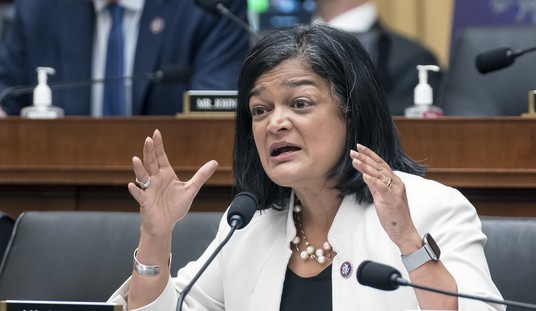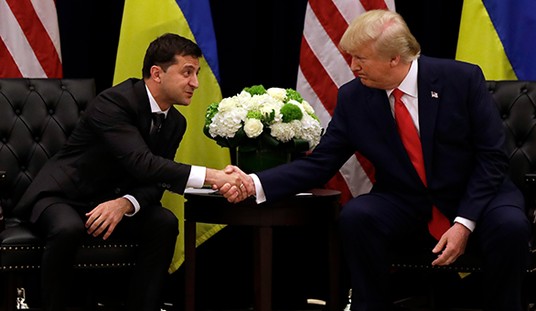In their haste to appear reasonable and bipartisan, Democrats are now offering an amended version of legislation known as S.1 - ironically named the “For the People Act” - but in reality, this new version of S 1 is nothing more than a Washington, D.C. takeover of states’ election laws. Senate Republicans won’t be fooled.
The bill still fails to preserve the good work already being done by states to secure their elections, and it places D.C. bureaucrats in the driver’s seat of elections at every level. But Democrats are hoping to pitch the media into reporting that they made a good faith effort to come to the table to negotiate. Thankfully, the American people are smarter than that.
Voters know S.1 is unequivocally wrong for America. If enacted, the bill would drastically change the way states hold elections. Any revised bill will still contain all the worst parts of the original if the Democrats’ underlying goal is unchanged.
For one, the bill eliminates states’ voter identification laws. Election officials would be required to simply take anyone at their word regarding their eligibility to vote. Despite proof of identification being required to open a bank account, travel by air, or do almost anything of consequence, no identification would be required to vote in American elections.
S.1 also prevents states from thoroughly verifying voter eligibility by requiring all states to participate in same-day voter registration. Most states do not implement this practice because poll workers do not have the bandwidth to verify new voters’ eligibility the same day they cast a ballot. Even worse, the bill makes challenging a voter’s eligibility on or near the date of an election a criminal offense—even if challenged on legal grounds.
Recommended
As if these calculated gashes to our elections’ integrity aren’t bad enough, the bill removes the people’s choice whether to register by making automatic voter registration universal across the United States. Individuals who are known to be ineligible—like non-citizens—will be put on the rolls automatically. States will also be bound to register ineligible voters under age 18. Once on the roll, S.1 will make it difficult to remove a voter who has moved to a new address.
Polling shows that all voters—even Democrats and Independents—support improving election integrity by closing election law loopholes that break public trust in the election process. S.1, however, would ultimately add loopholes to the process.
Many states are working hard to pass state election reforms to secure their elections and build voter confidence. Reforms like those seen in Georgia and Florida should be applauded for their commitment to election integrity, not berated for imagined racism by the Left. But President Biden, Speaker Pelosi, and Majority Leader Schumer have made it clear that S.1 is really a “We, the Senate Democrats” Act to rewrite state election laws for their political preferences. The president’s recent executive order purporting to improve access to voting was just the first step, and S.1 is the second.
The good news is that the American people see through the charade. Polling on the president’s executive order finds that 64 percent of voters either initially oppose or are unsure of the reforms. When given more information about how the executive order overrides states’ election laws and could grant the president partisan political power over elections, that opposition only increases.
Democrats are bound and determined to ram S.1 through Congress but are taking the time to craft a story of bipartisan outreach to win over the media and trick the American people into believing the Republicans won’t play ball. But it doesn’t matter how many bad provisions Senate Democrats say they will remove or even how many “conservative” provisions they say they will add. We can still see the pig under all that lipstick.
S.1 is chock-full of bad ideas. Republicans must stand firm in their opposition to a federal takeover of state election laws and oppose any version of the Senate Democrats’ election bill.
Robin Walker is the senior director of federal affairs at the Foundation for Government Accountability


